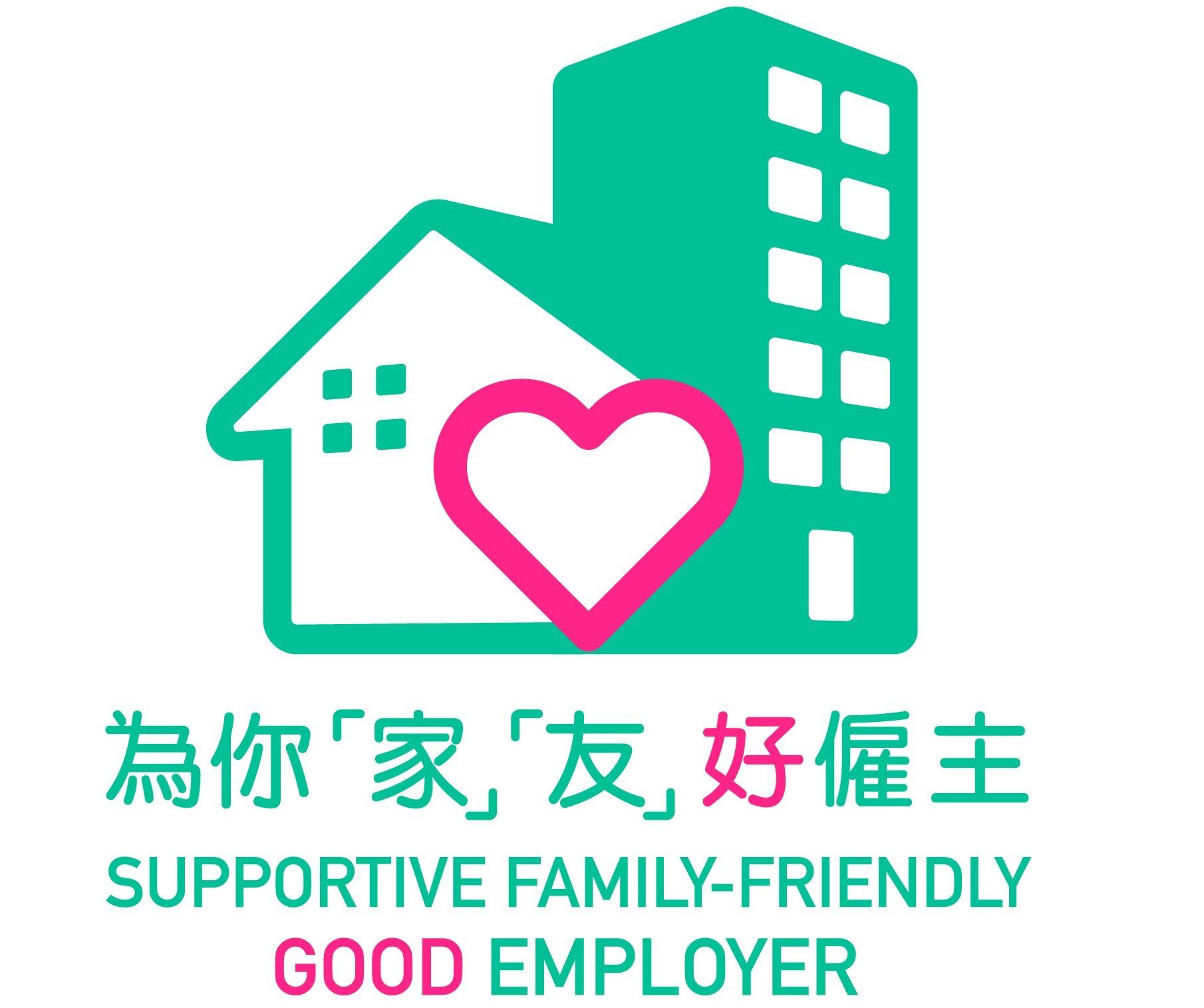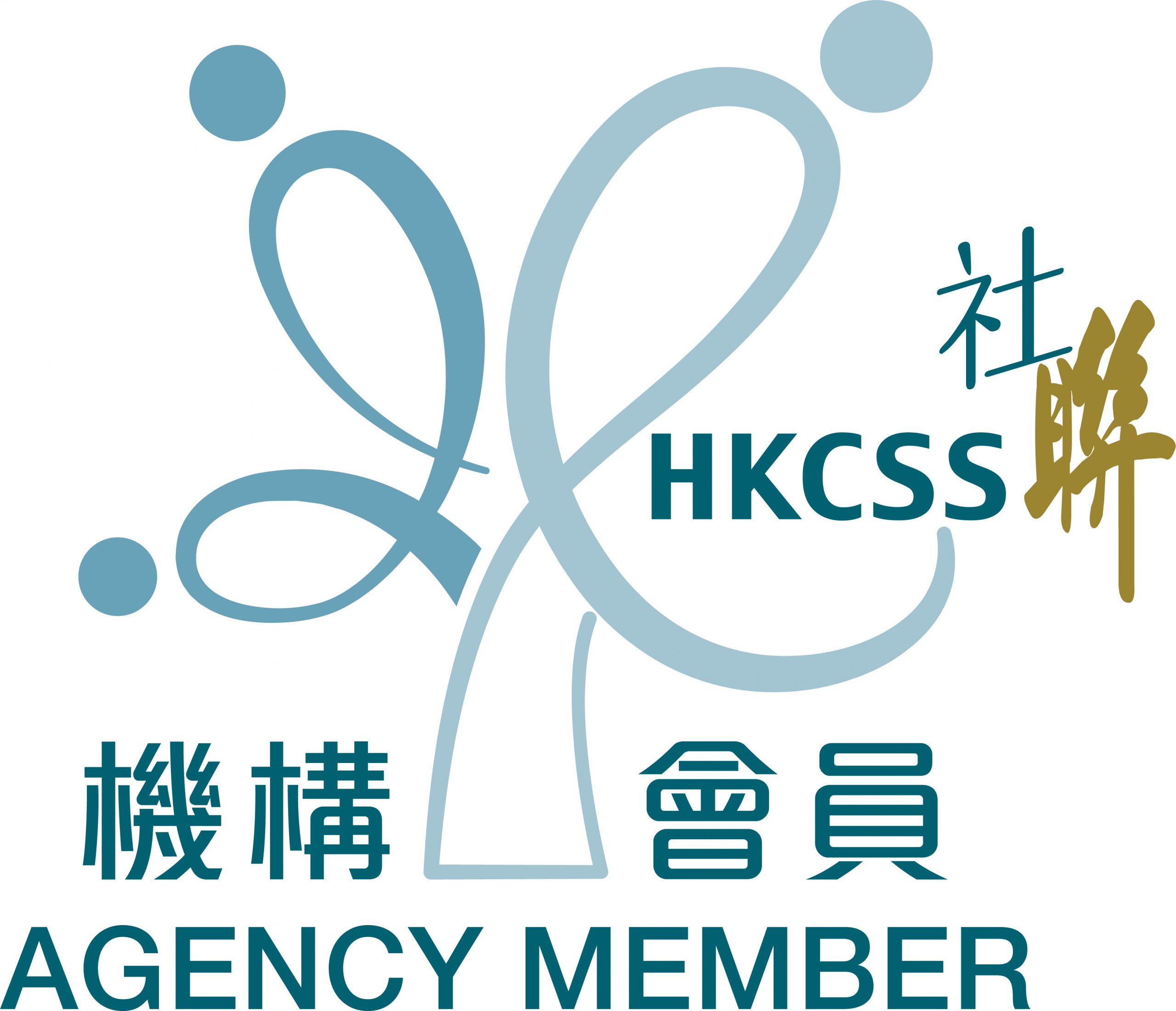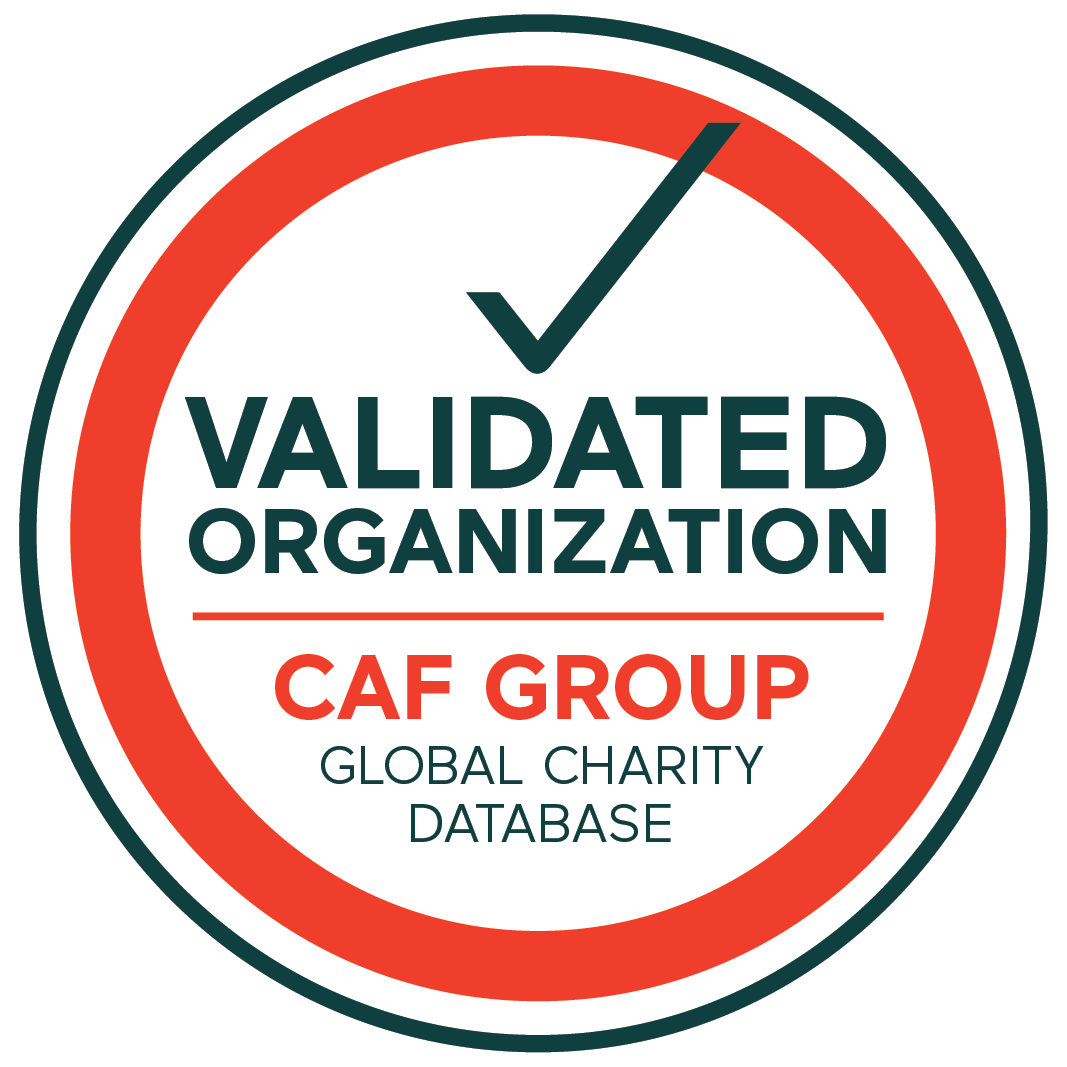What about refugees? Are they not an ethnically diverse community whose voices need to be heard?
The plight of refugees in Hong Kong is an important issue, which is why there are a number of excellent charities who serve their needs. Although there are overlaps in our work, we primarily serve those who are Hong Kong people of non-ethnically Chinese descent. Whether they are permanent residents, born here, or descendants of generations of immigrants, they truly see Hong Kong as their home, yet they encounter significant barriers to opportunity simply because of how they look.
What about domestic helpers? There are over 300,000 domestic helpers living in Hong Kong who do not receive the attention they deserve.
Domestic helpers are a heavily marginalised group and it is important that their voices are heard and rights protected. At the moment, our primary focus is serving the sizeable population of Hong Kong people of non-ethnically Chinese descent. Whether they are permanent residents, born here, or descendants of generations immigrants, they truly see Hong Kong as their home, yet they encounter significant barriers to opportunity simply because of how they look.
What about the “white” population? Their needs may not be as pressing as others’, but they are also an ethnically diverse community in Hong Kong.
All vulnerable voices, no matter their skin colour, deserve to be heard. However, there is overwhelming evidence that suggests those whose skin is darker are more likely to encounter social and institutional barriers in their everyday lives compared to their Chinese and Caucasian counterparts. In addition to challenges in education and getting a job, they are grossly underrepresented in boards and government advisory panels, which means voices of an important constituency are not adequately reflected in policymaking.
How are you funded?
Initially The Zubin Foundation was funded entirely by the founders. Now we are largely funded on a project basis by foundations and individual donors.
We are also delighted that many children and their parents are choosing to donate to The Zubin Foundation on their birthday and on other special occasions through www.twopresents.com
My organisation only funds interventions. Do you do social service?
Yes, along with research and policy recommendations, we design interventions collaboratively with stakeholders.
What is your policy on conducting research?
We are guided by the following research principles and ethics:
- Maximise Benefit: Our research aims to maximise benefit for individuals and society and minimise risk and harm.
- Respect: The rights of individuals and groups to share their diverse views will be respected.
- Voluntary participation: Participation in our research is voluntary and appropriately informed.
- Transparency: We will be transparent about the research process and research funding.
- Independence: We will maintain independence and where conflicts of interest cannot be avoided they will be made explicit.
- Integrity: We will present findings objectively and honestly, and, to the best our ability ensure that there are no errors therein.
You regularly engage and work with the HKSAR government. Are you a supporter of this administration’s agenda?
We are and will always be a non-partisan organisation. Our mission is to shed light on, and tackle, chronic barriers to fairness and opportunity; to do this, we believe it is crucial to engage constructively with all stakeholders who are willing to listen. One of the most important levers for social progress is policy, so we will continue to ensure the government hears the voices of Hong Kong’s vulnerable groups.
Why do your events sometimes charge an admission fee when a lot of ethnically diverse individuals live under the poverty line and can’t afford to attend?
- Many of our events are free of charge.
- For some events, however, we need to charge a fee in order to cover our costs, like any other organisation. This is important for our financial sustainability.
- In the future, we do plan to arrange fundraising events with the specific objective of raising funds for our work.
My organisation receives lots requests every day to do research with our clients. What are the real benefits that TZF can offer to our people?
We are a leading authority on issues affecting ethnically diverse communities in Hong Kong. Our research is rigorous and all-encompassing, leading to evidence-based policy recommendations and impactful direct interventions. We also engage directly with the community, enabling us to forge grassroots connections and design solutions to meet real needs.
In addition, we are Hong Kong’s strongest advocate for greater transparency of hospital outcomes. In addition to launching Hong Kong’s first and only independent platform that compares hospitals by quality of care, our persistent pressure has already led to gradual reform in favour of improved accountability for all patients.
Lastly, we believe that dollar-for-dollar and hour-for-hour, we are the among the most effective at moving the needle, and the outcomes of our work speak for themselves. Among the reasons for this is our commitment to constructive dialogue, lasting outcomes, and collaboration.
Why is the government working with you rather than other, more established organisations who have a longer history of serving people? I presume it is because of your connections?
Despite being a young organisation, we are among the most effective at moving the needle, and our results speak for themselves. Among the reasons for this is our commitment to constructive dialogue, lasting outcomes, and collaboration.
Are you in favour of affirmative action policies?
At this stage in Hong Kong’s development we do not think that affirmative action is a good policy recommendation.
Your founders, along with some of your senior team, come from a privileged background and have been given opportunities that most Hong Kong people do not have access to. How can The Zubin Foundation possibly empathise with the needs of marginalised people if key staff haven’t been in their shoes?
Suffering takes many forms and this foundation was set up in memory of Zubin, who died tragically at the age of three. He was the son of Shalini Mahtani and Ravi Gidumal. From his death came The Zubin Foundation. One does not need to be from a low income family to suffer.
Our team consists of people who are qualified to do the work they do and we do not employ individuals based on their financial background.
In addition, both the founders have been discriminated against in Hong Kong based on their race and there are members of our team who are from marginalised backgrounds in Hong Kong.




